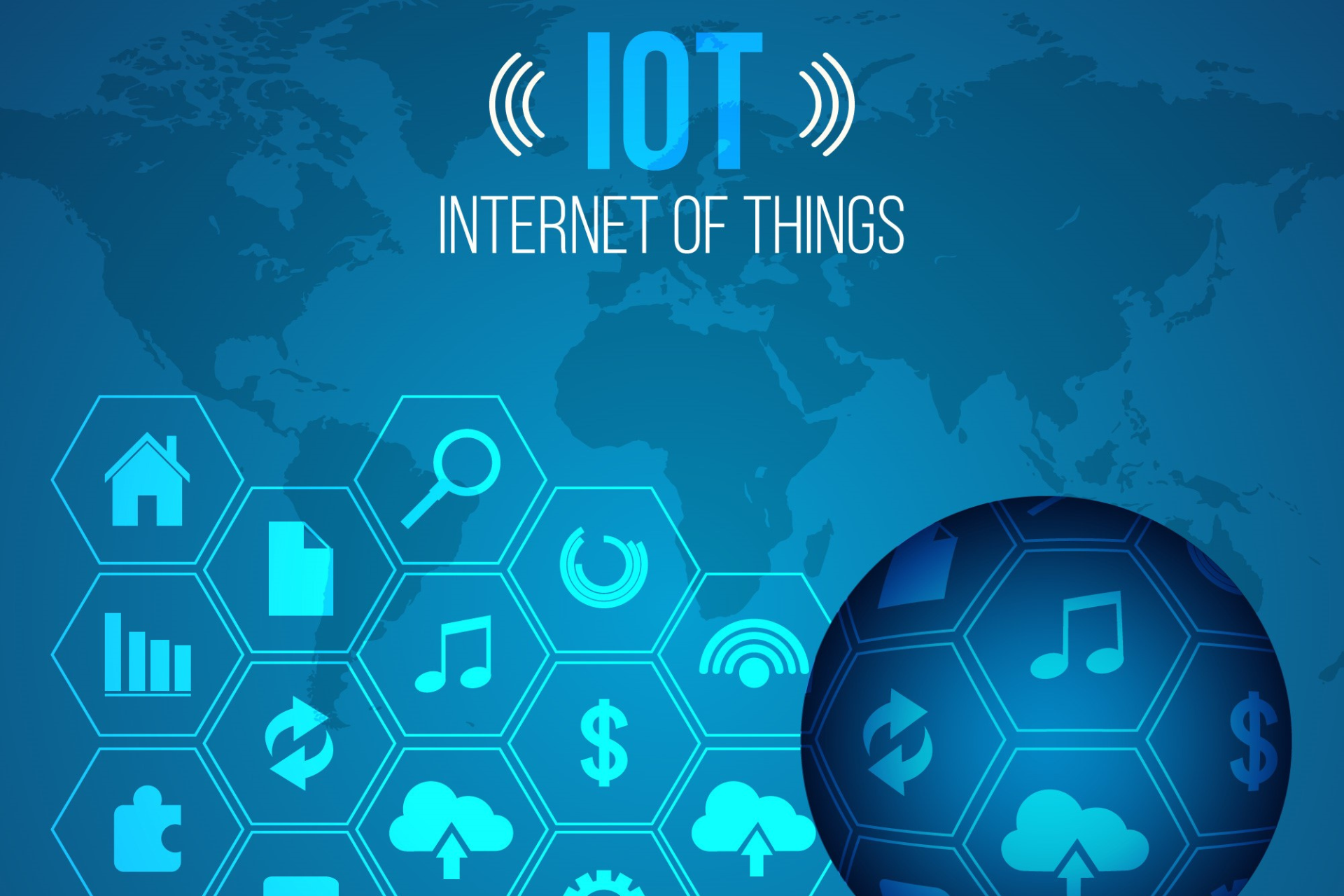
- Devices/Sensors | Connectivity | Data Processing | Cloud Platforms | Edge Computing | Gateways | Security | Application Layer |
- Protocols and Standards | Power Supply | Management and Monitoring
The Internet of Things (IoT) is a transformative technology that connects everyday objects to the internet, enabling them to gather and exchange data. These interconnected devices, ranging from consumer electronics to industrial machinery and sensors, create a network that can be monitored, controlled, and optimized remotely.
In IoT ecosystems, devices are equipped with sensors, actuators, and connectivity modules that allow them to collect and transmit data over the internet. This data can be analyzed in real-time or stored for further analysis, providing valuable insights into various aspects of our environment and operations.
One of the key benefits of IoT is its ability to improve efficiency and streamline processes across industries. In manufacturing, for example, IoT sensors can monitor equipment performance and predict maintenance needs, reducing downtime and optimizing production schedules. In agriculture, IoT devices can monitor soil moisture levels, weather conditions, and crop health, enabling precision farming techniques that maximize yield while minimizing resource usage.
IoT technology also has significant implications for consumer applications, with the rise of smart homes, wearable devices, and connected vehicles. Smart home devices, such as thermostats, lighting systems, and security cameras, can be controlled remotely via smartphone apps, offering convenience, energy savings, and enhanced security. Wearable devices like fitness trackers and smartwatches collect and analyze data on users' health and activity levels, empowering individuals to make informed decisions about their well-being.
Furthermore, IoT is driving the development of smart cities, where interconnected infrastructure and services improve urban living conditions and sustainability. Smart streetlights, traffic management systems, waste management, and public transportation networks are just a few examples of how IoT is revolutionizing urban environments.
As the IoT ecosystem continues to grow, fueled by advancements in sensor technology, wireless connectivity, and cloud computing, its potential to create new business opportunities and improve quality of life is virtually limitless. Businesses that embrace IoT solutions can gain a competitive edge by unlocking new efficiencies, delivering innovative products and services, and enhancing customer experiences in ways previously unimaginable.